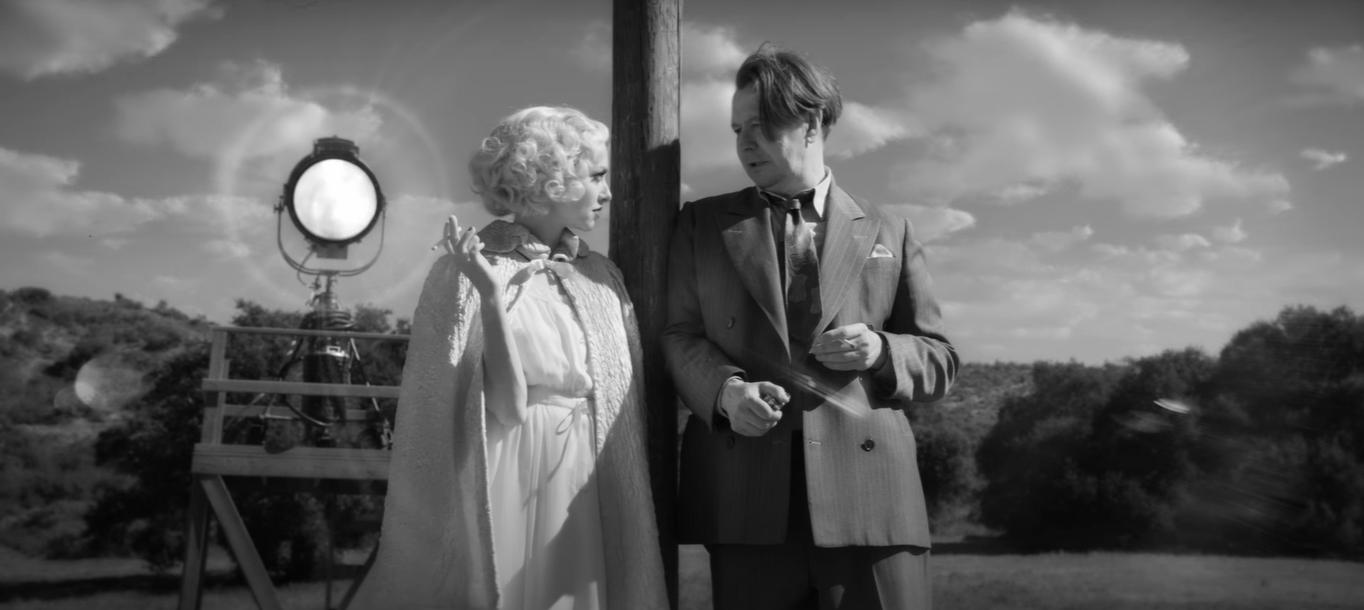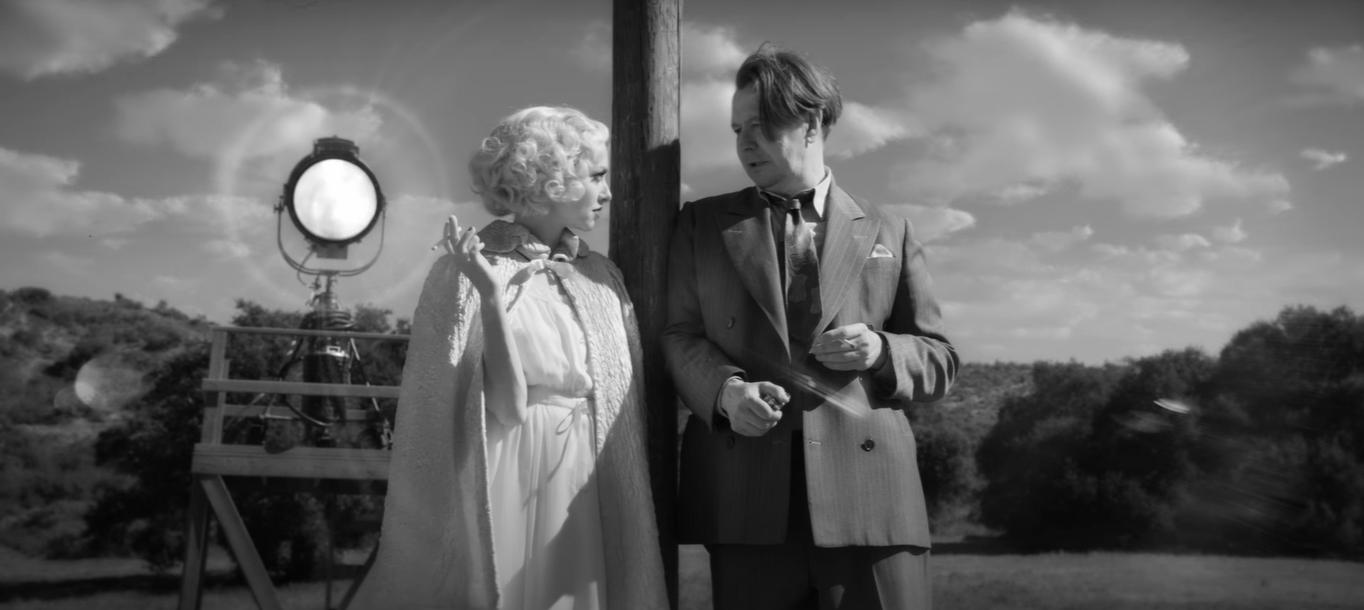By Julius De La Rama, Third Year, Film & Television
Mank focuses on the genesis of Citizen Kane and the tale of the titular Herman Mankiewicz - a raging alcoholic immortalised by his fantastic writing ability - rushing to get the screenplay finished. A film sure to garner a lot of discussion amongst cinephiles, Fincher has returned with a beautifully flawed slice of Golden Age Hollywood.

If you’re looking for an easy, digestible viewing experience, Mank will not provide that for you. Scene after scene is densely packed with extremely sharp dialogue (courtesy of David Fincher’s late father, Jack Fincher) concerning the intersection of wealth, media and politics. The narrative also frequently jumps years at a time and while necessary, it can be both dizzying and substantially rewarding; the film proves to be a treasure trove of information, but without prior understanding of the context, the tensions could fall flat for those that lack investment. In retrospect, it has become a striking weakness of the film. Fincher has been so consistent throughout his career in making the audience care about anything he throws at them; for his films prior to this are packed with just as much information and told with an overpowering sense of intrigue, but this only itches a very particular scratch.
All narrative aspects aside, Mank is a sweeping technical masterclass. Shot in a glossy black and white that evokes images of classic cinema and even taking visual inspiration from Citizen Kane (1941) for some shots, Fincher’s eye for beautiful compositions is still as strong as ever. Bustling production studios, busy California streets and lively dinner parties are shot to perfection, with lighting and set design to die for, and these scenes make up only a tiny fraction of the film. Even the minute sequences are so meticulously crafted that I am still anticipating a rewatch in order to (hopefully) appreciate the smaller aspects even further.
With the pandemic pushing major releases to 2021, this upcoming awards season is very likely to be occupied primarily by some fantastic independent films. However, Netflix has potentially struck gold here. With some extremely strong performances, don’t be surprised to see Gary Oldman, Lily Collins and Amanda Seyfried amass major acting nominations. They are all powerhouses in their own respect; for better or worse, their characters are given plenty to chew on and they give us plenty to love and/or hate. Oldman’s mumbling drunk act may be too much without subtitles, but he truly commits to embodying an almost mythic individual. Collins’ performance as Rita Alexander (Mankiewicz’s secretary who transcribes the screenplay) is brilliantly stern and a strong antithesis to the volatile nature of Mank. Seyfried gives an excellent, charismatic performance as Marion Davies, but she is gravely under-utilised. She illuminates the frame at any given moment, she stands out with ease, and in a perfect world, her story would get its own feature film.
The singular brilliance of James Cameron: a birthday retrospective
Bristol Palestine Film Festival 2020: What to look out for
While Mank may not be the best film of the year, it still serves as a well-crafted one; a simultaneously wondrous and scathing look at the chaotic processes of filmmaking, the dangers of industry, and the turbulent political ideals that preside over the self-proclaimed Dream Factory. But it is also an ode to the storytellers, those in pursuit of stories that leave an everlasting impact and ultimately make you realise why you love cinema. I’ll raise a glass to David Fincher for that.
'You cannot capture a man's entire life in two hours. All you can hope is to leave the impression of one.'
Featured: Netflix
Who do you think will be getting major acting nominations in 2021?









